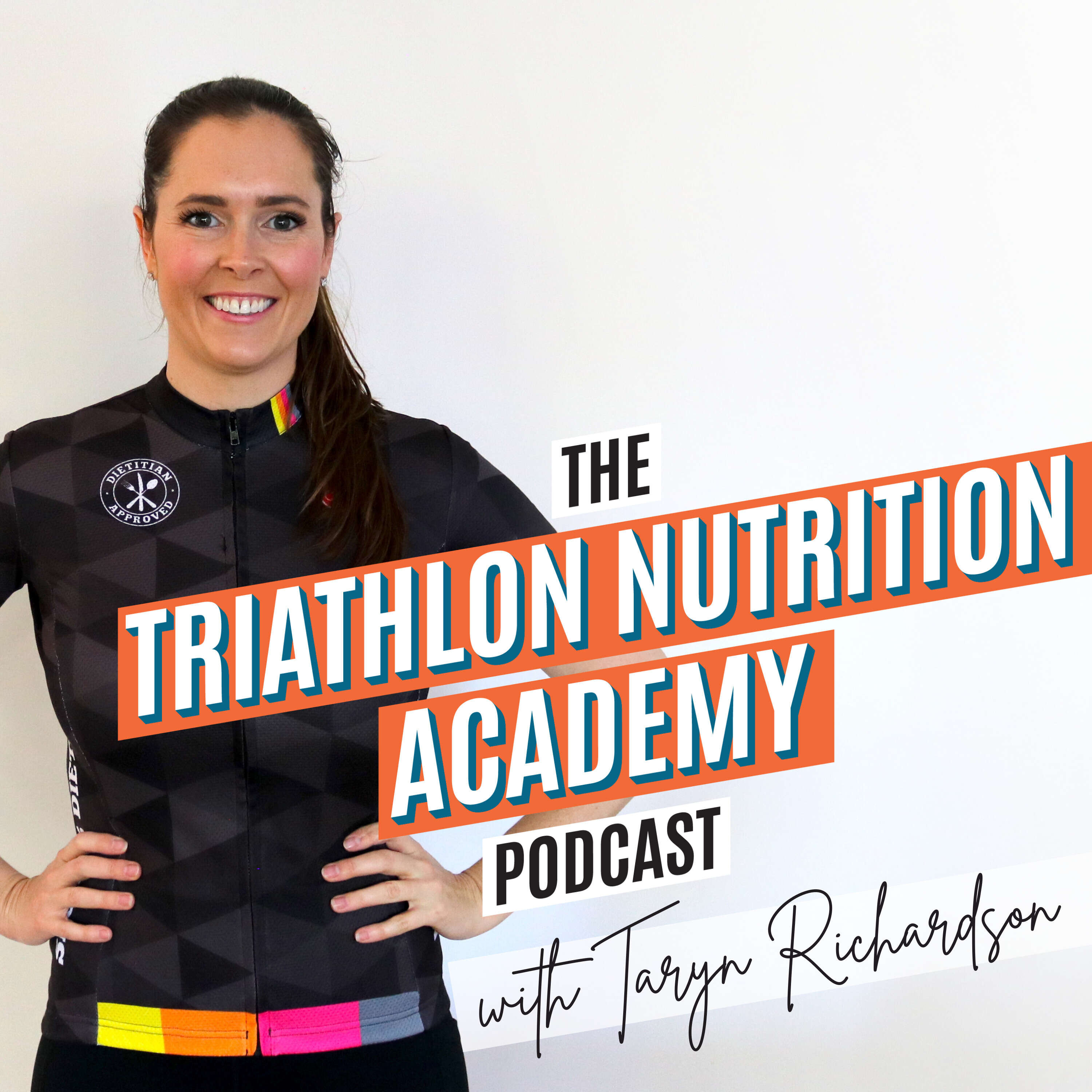New research that's blown everything we knew about protein out of the water
Description
A proper understanding of protein intake is crucial for getting your best performance in endurance sports. For years we’ve had pretty clear guidelines for what works best but a recent study has come out with the potential to completely reshape what we thought we knew. That’s what we’re discussing in today’s episode of the TNA podcast. I’ll go into the study, the findings, and the practical applications for triathletes.
Previously we believed that consuming more than 20 grams of protein in one sitting was redundant and that any excess would be wasted. Because of this nutrition guidelines were to spread protein intake evenly throughout the day which would optimise muscle protein synthesis. However, this new study challenges that foundational concept.
What is the new research?The study was a randomised control trial, widely considered the gold standard in research due to its controlled and double-blind setup. To achieve precise tracking, researchers gave cows isotope amino acid infusions which became incorporated into the milk proteins produced by those cows. Athletes were given different amounts of this traceable milk protein, allowing researchers to trace how amino acids moved through their bodies post-consumption.
Remarkably, those who consumed 100 grams of protein had a 19% higher muscle protein synthesis rate over four hours and a 30% higher rate over 12 hours compared to the 25-gram group. Only 15% of the excess protein was oxidised, while 85% was utilised effectively!
Practical ImplicationsSo, if there is no threshold for protein should you focus on eating huge amounts of protein in your diet? No definitely not.
Balancing protein intake throughout the day is still practical, especially for recovery from multiple daily training sessions. Also, even if it would be beneficial to consume 100grams of protein it’s just not practical for most people to consume such large portions. To put it in perspective a 100-gram protein intake equates to a 320-gram steak, a 350-gram chicken breast, 16 eggs, 850 grams of firm tofu or 1.2 kilos of high-protein Chobani yogurt.
So the takeaway here should not be to consume massive amounts of protein in one sitting but to understand that achieving your overall protein needs is more critical than evenly spacing every meal.
Listener QuestionThis week's listener question comes from Rob Stent, a 67-year-old triathlete from New Zealand. He asks what key points an older athlete should focus on in their nutritional strategy to support training and racing and to maintain good health so they can continue in the sport. I’m not giving any specialised advice here, but in general, there are some big hitters triathletes of this age group should focus on.
Protein: As we age we become resistant to protein so it’s crucial for older athletes to meet their daily daily protein requirements and ensure effective recovery. Energy Intake: Metabolic rate can decrease with age, requiring a focus on nutrient-rich, calorie-sufficient diets. Calcium and Vitamin D: These nutrients are vital in combating osteoporosis. As you age, your calcium needs increase, and vitamin D synthesis decreases, making supplements or adjustments essential.
I’d love to know what you think about this new research and if it will change how you plan your protein intake. Join the discussion in the Dietitian Approved Crew Facebook group, and until next time, keep fueling smart and training hard!
REFERENCE:
The anabolic response to protein ingestion during recovery from exercise has no upper limit in magnitude and duration in vivo in humans.
Jorn Trommelen, Glenn A.A. van Lieshout, Jean Nyakayiru, Andrew M. Holwerda, Joey S.J. Smeets, Floris K. Hendriks, Janneau M.X. van Kranenburg, Antoine H. Zorenc, Joan M. Senden, Joy P.B. Goessens, Annemie P. Gijsen, Luc J.C. van Loon,
The anabolic response to protein ingestion during recovery from exercise has no upper limit in magnitude and durati
More Episodes
Carbohydrates and Fats are the body’s main source of energy in endurance sports and getting them right can make or break your race day.
That’s why I invited Sam Shepherd, a researcher and fellow nutrition enthusiast, onto the TNA podcast to discuss the science of energy production and how you...
Published 11/21/24
Published 11/21/24
Around this time last year I shared my list of gift suggestions for triathletes in episode 120 (definitely worth a listen if you haven’t done so already!). This year I’m back with four of Santa's helpers (who are also exceptional triathletes) to share 25 of their top Christmas gift ideas.
From...
Published 11/14/24


